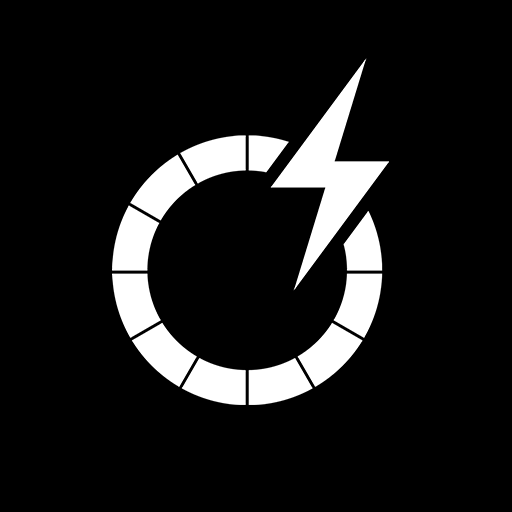Connect with a specialist to get clarity and more insight on the product or services you want to purchase

Frequently Asked Questions
Solar energy refers to the radiant light and heat from the sun that is harnessed using various technologies, primarily solar panels, to generate electricity or heat water.
Solar energy works by converting sunlight into electricity through the photovoltaic effect in solar panels. This clean and renewable energy source offers numerous environmental, economic, and practical benefits for both residential and commercial applications.
While the upfront costs of solar power systems have decreased and financial incentives have increased their affordability, the cost-effectiveness of solar power compared to grid electricity(PHCN) depends on individual circumstances. It's essential to evaluate factors like local electricity rates, available incentives, location and the specific characteristics of your property to determine the economic viability of solar energy for your needs.
Book a call with us today and schedule a consultation session to learn more about which renewable system best suits your energy needs.
Yes, solar panels can still generate electricity on cloudy or rainy days, although their efficiency is reduced compared to sunny days. Advances in technology have improved solar panel performance in low-light conditions.
Excess electricity generated by your solar panels can be fed back into the grid if your system is connected to the utility grid through a process called net metering. This allows you to earn credits or receive payment for the electricity you export to the grid.
Solar energy is a clean, renewable energy source that reduces greenhouse gas emissions and air pollution compared to fossil fuels. By using solar energy, individuals and businesses can contribute to mitigating climate change and promoting environmental sustainability.
There are several benefits to using solar energy:
- Cost Savings: Reduced electricity bills and potential income from selling excess energy back to the grid (net metering).
- Environmental Impact: Decreased carbon footprint and reliance on fossil fuels, contributing to cleaner air and water.
- Energy Independence: Generate your own power and reduce dependence on traditional utilities.
- Property Value: Homes and businesses with solar installations often increase in value.
After installation, we provide ongoing monitoring to ensure your system operates at peak efficiency. Should you ever need maintenance or support, our team is just a call away.
Most homes are suitable for solar panels if they have a roof or space that receives direct sunlight for a significant portion of the day. Factors like roof orientation, shading, and local climate can affect solar panel efficiency.
Photovoltaic cells, also known as solar cells, are the building blocks of solar panels. They are made from semiconductor materials, usually silicon, which can conduct electricity when exposed to sunlight. When sunlight strikes the PV cells, they generate direct current (DC) electricity.
Solar panels can still generate electricity on cloudy days because they can absorb diffuse sunlight. However, their efficiency is lower compared to sunny days. During the night, solar panels do not produce electricity unless they are paired with battery storage systems to store excess energy generated during the day.
Most solar panel systems come with monitoring tools that allow you to track energy production in real-time. These tools can be accessed via a mobile app or web portal, providing insights into energy generation, consumption, and system efficiency.
The cost of solar panels varies depending on factors such as system size, equipment quality, installation complexity, and location. Many homeowners can expect a return on investment within a few years through energy savings and incentives.
What incentives and rebates are available for solar installations?
Most solar panels are designed to last 25 years or more. They typically come with warranties that guarantee performance for a certain number of years (e.g., 25-year power output warranty).
Solar panels require minimal maintenance. Periodic inspections to ensure they are clean and functioning properly, usually once or twice a year, are recommended. Cleaning may be necessary in areas with heavy dust, pollen, or bird droppings.
The DC electricity generated by solar panels is converted into alternating current (AC) electricity using an inverter. AC electricity is the standard form of electricity used in homes and businesses. The inverter ensures that the electricity produced by the solar panels is compatible with your home's electrical system.
Solar panels require minimal maintenance. Regular inspections to check for debris or dirt buildup and occasional cleaning are recommended to ensure optimal performance. Typically, cleaning with water and a soft brush is sufficient to remove dust and grime.

Harnessing the sun’s energy and leading the change towards a cleaner, greener future for generations to come.
Reach Us
+234 903 356 6540
+234 806 898 9451
contact@afohasolar.com
1 MM Alkali Street,
4th Avenue Gwarimpa, Abuja
Useful Links
Subscribe to our newsletter
© 2025 Afoha Solar All Rights Reserved

Afohasolar
Typically replies within minutes
Have a question about our products and services?
Contact Us
🟢 Online | Privacy policy
Chat with us